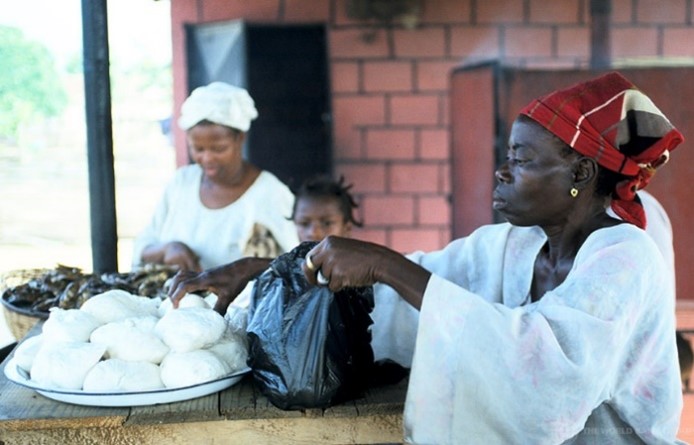The Informal Sector Enterprise Surveys are produced by the Enterprise Analysis Unit to measure the characteristics and activities of unregistered businesses. These informal businesses are found almost everywhere, yet they are often missing from official records, listings of active businesses, and business-level surveys. The Informal Sector Enterprise Surveys fill this data gap by following a rigorous survey methodology, implemented in ways that fit the unique characteristics of the sector. The surveys use tailored questionnaires and a sampling strategy which is geographically based and which discovers these businesses while also generating representative samples – Adaptive Cluster Sampling. This page provides additional information on the findings, methodology, and coverage of these surveys.
The indicators presented here provide a snapshot of the informal sector based on these surveys. All survey datasets are available from the data portal.
The WBES team has recently (as of June 8, 2022) recomputed sampling weights for the Informal Sector Enterprise Surveys, in particular, the recent surveys for cities in India, Iraq, Lao PDR, Mozambique, Somalia, and Zambia. The main revisions involve recalculation for (i) blocks enumerated through strata-crossing (i.e., where enumeration from a given strata expanded into block(s) of a different stratum), and (ii) edge units.

